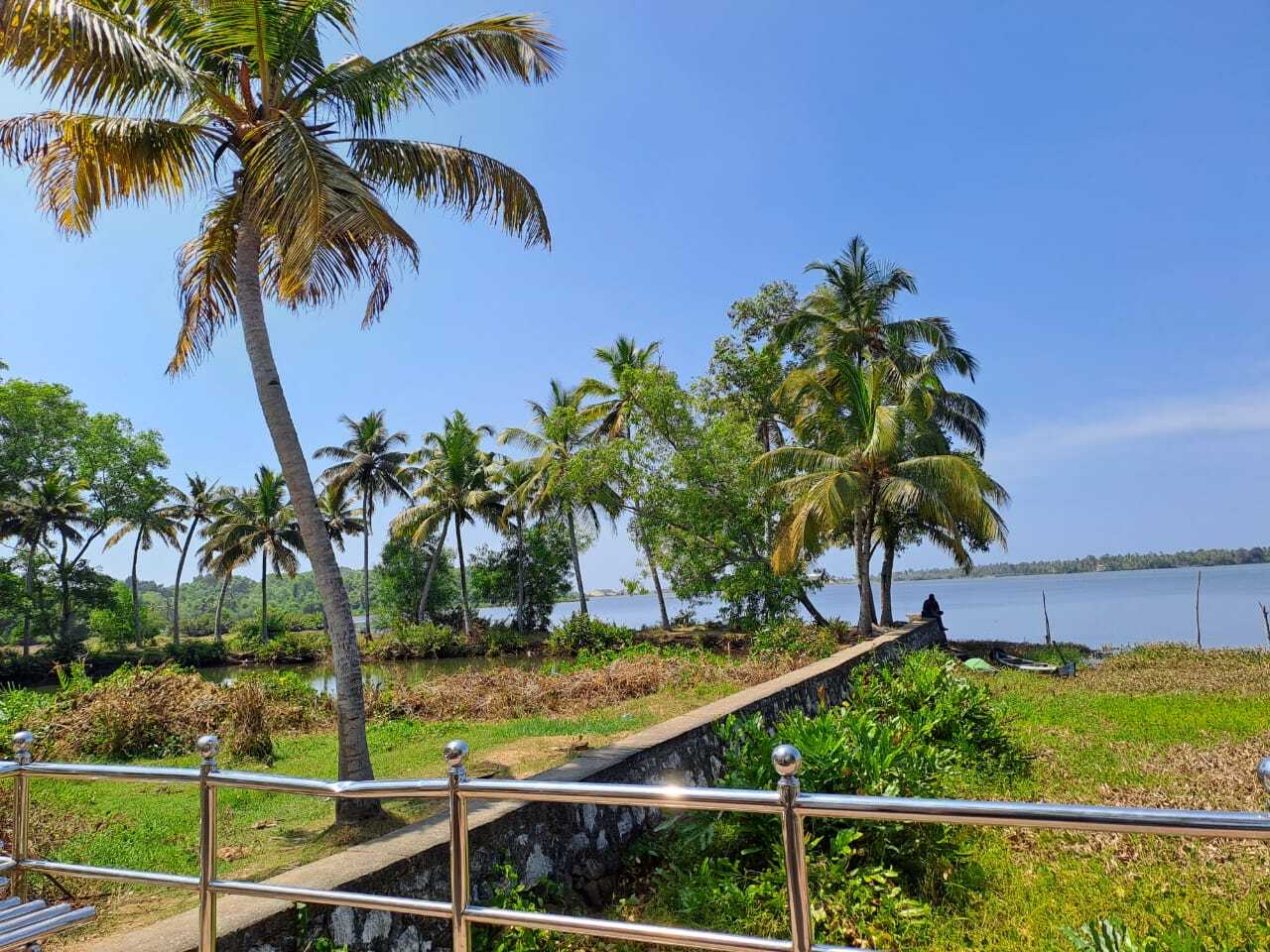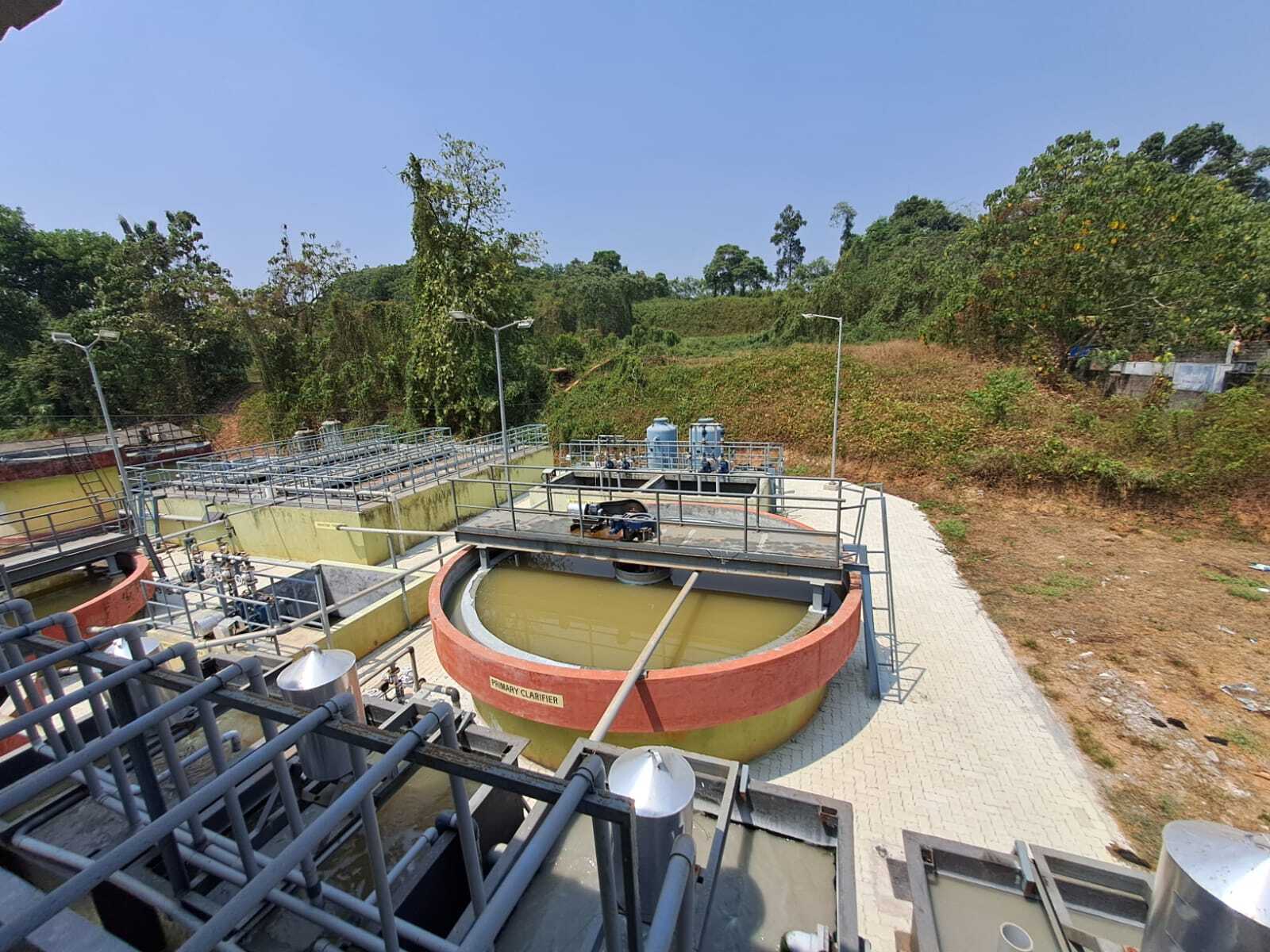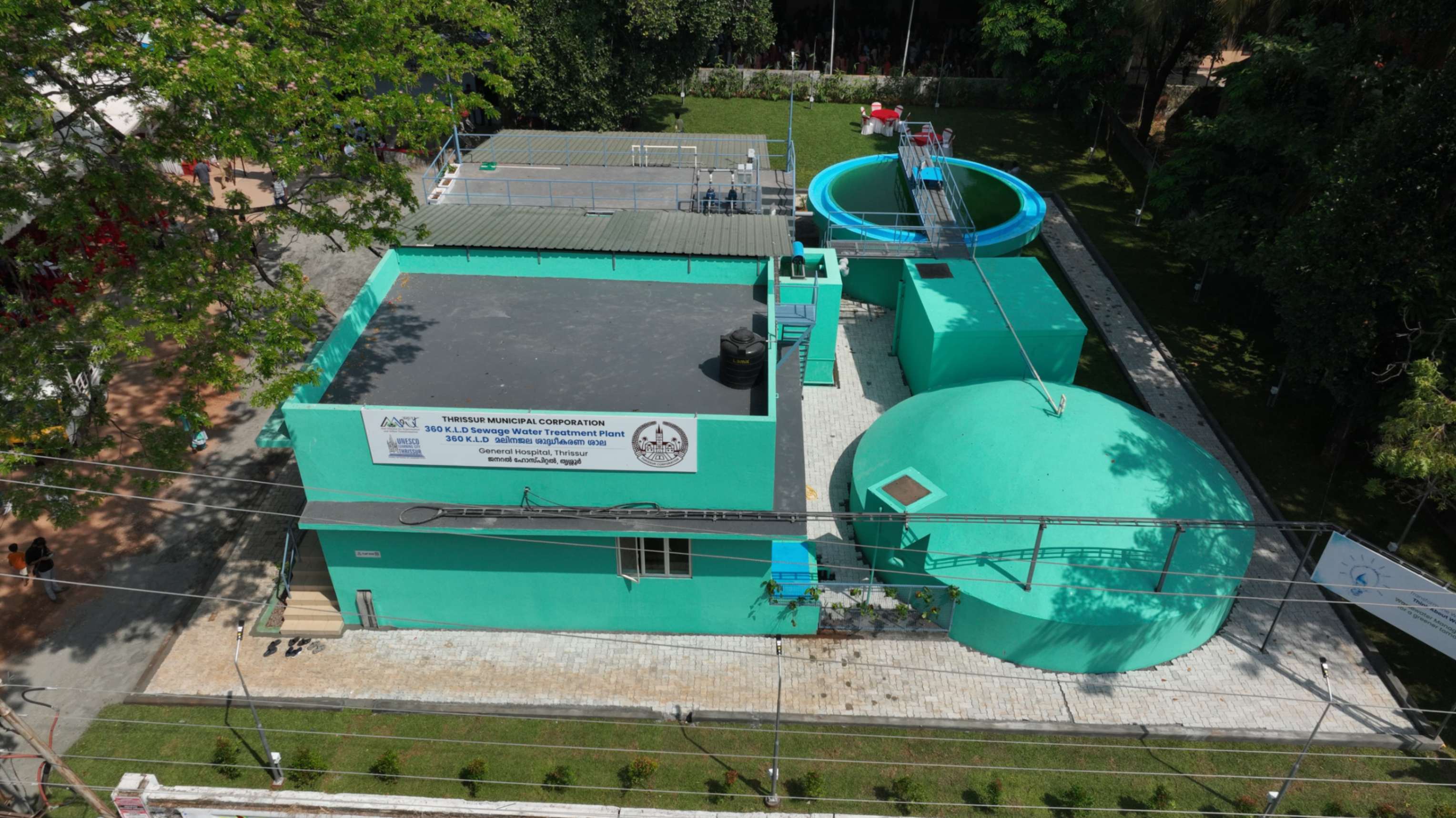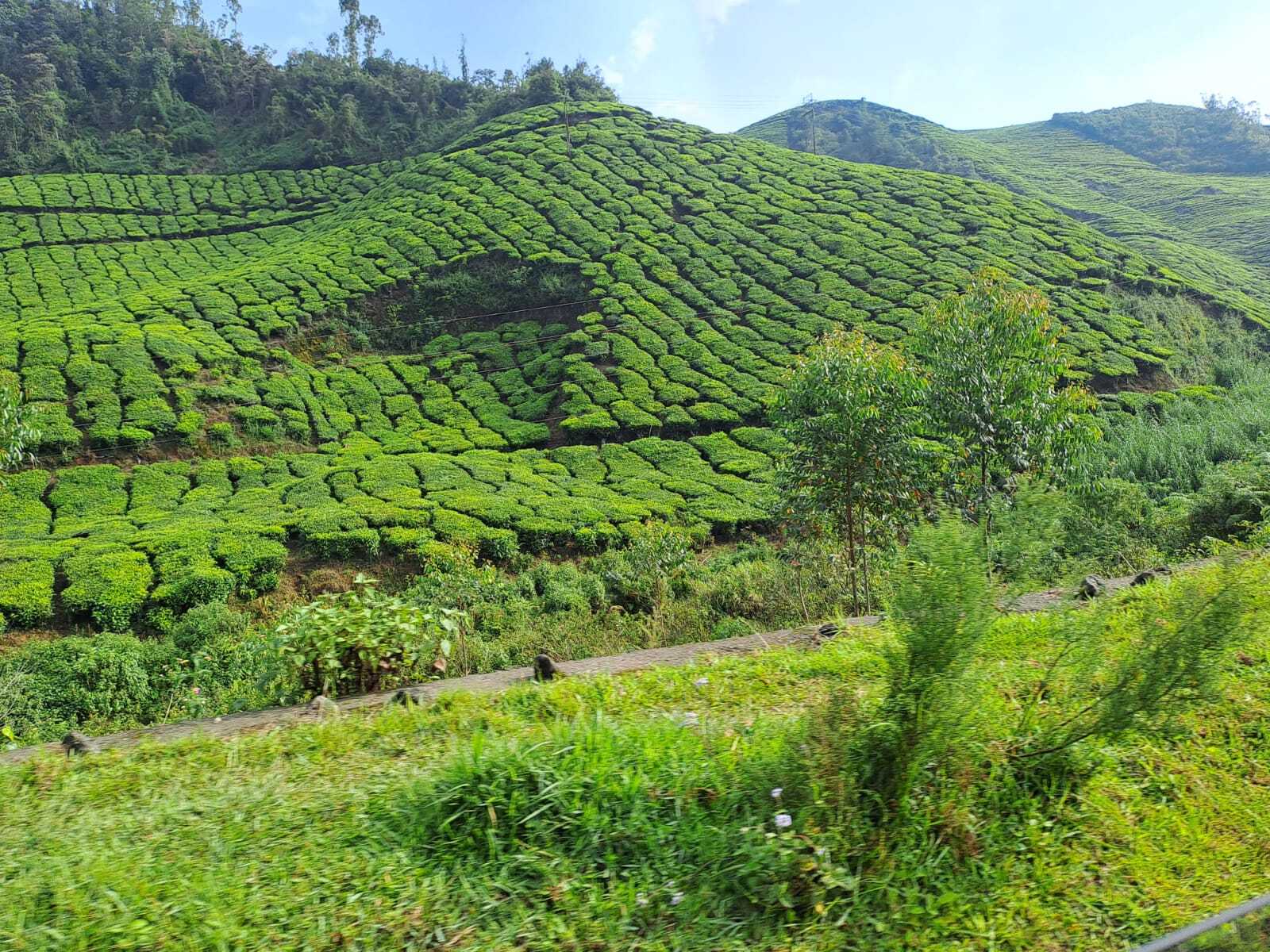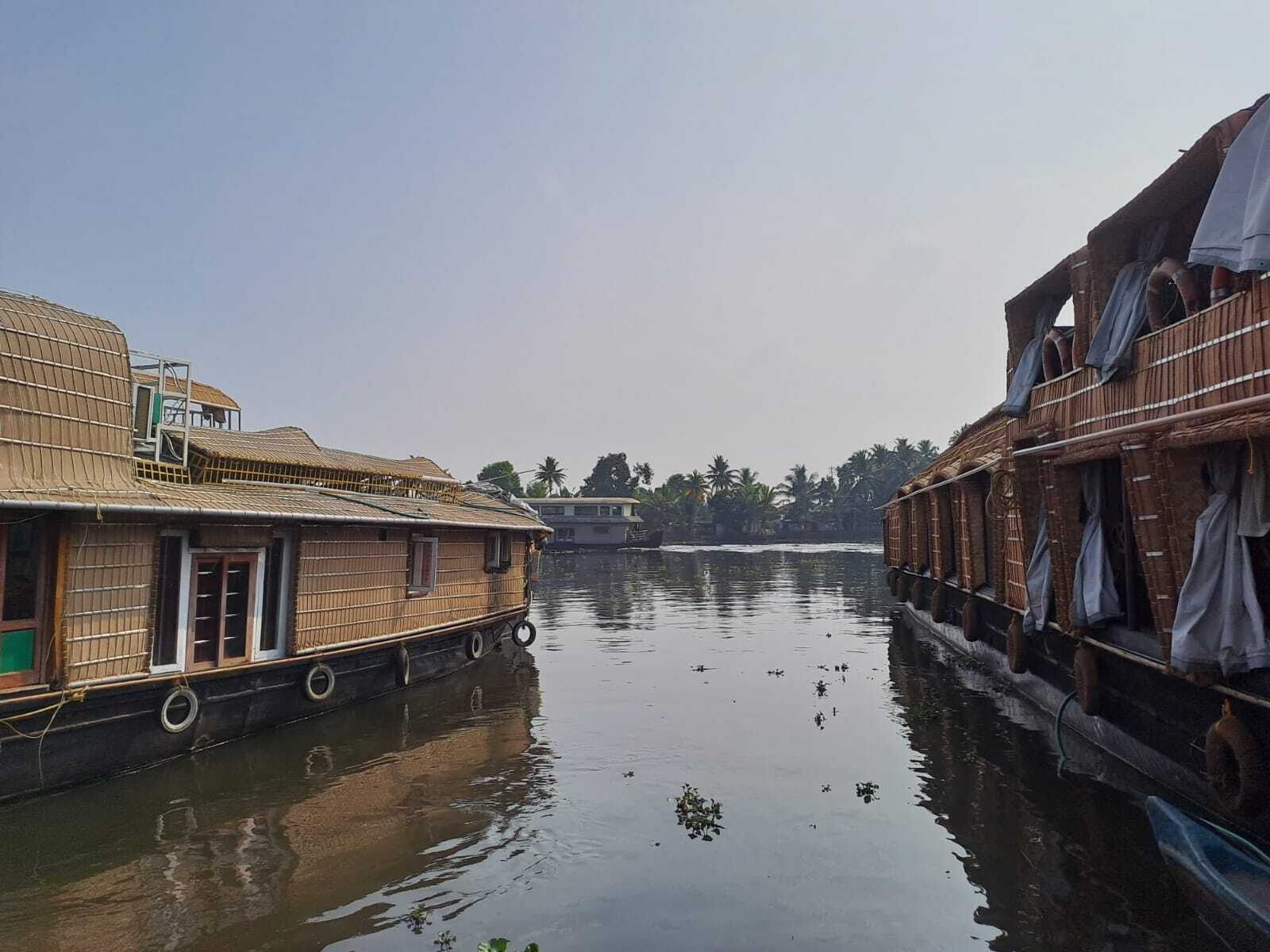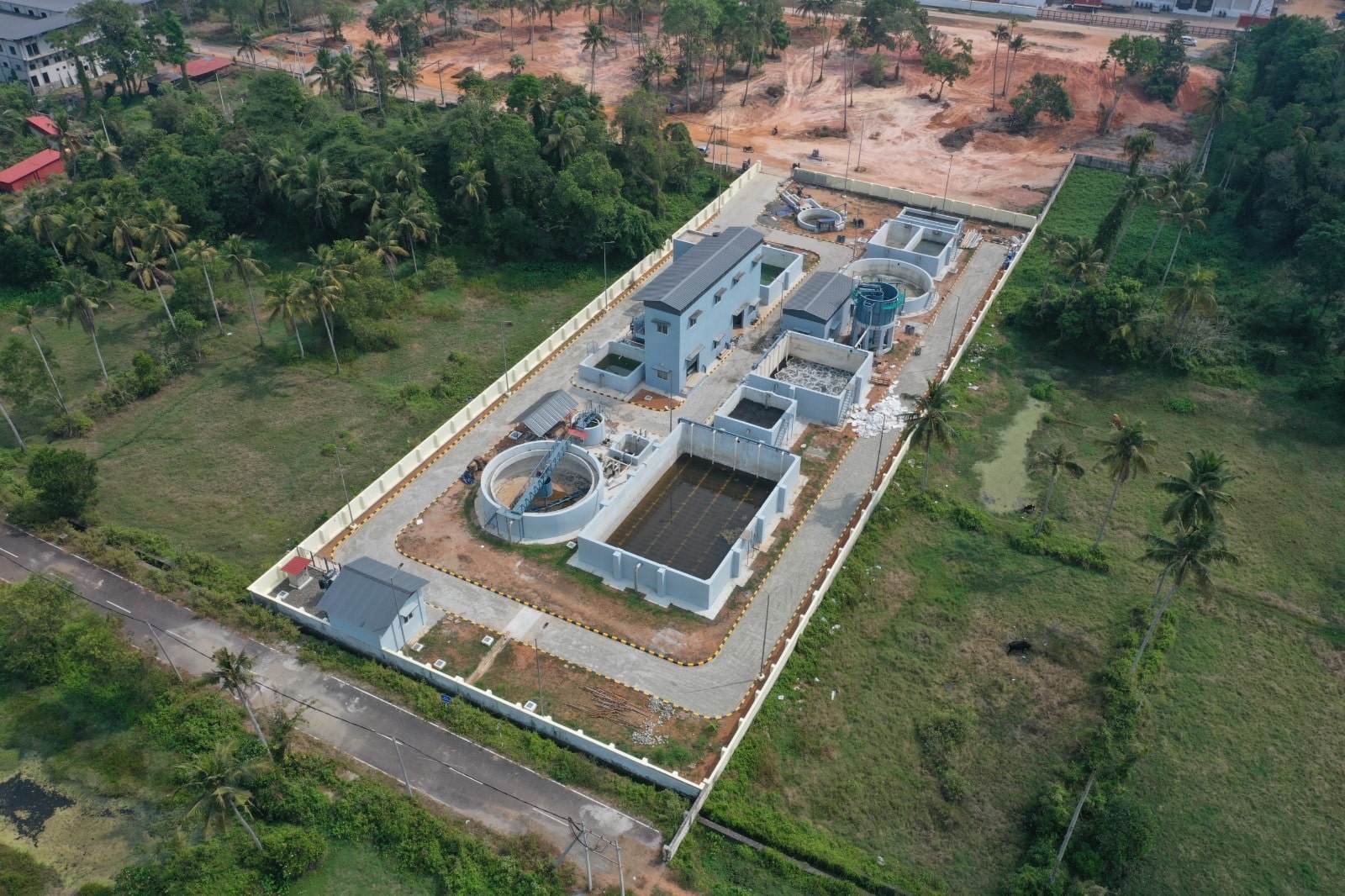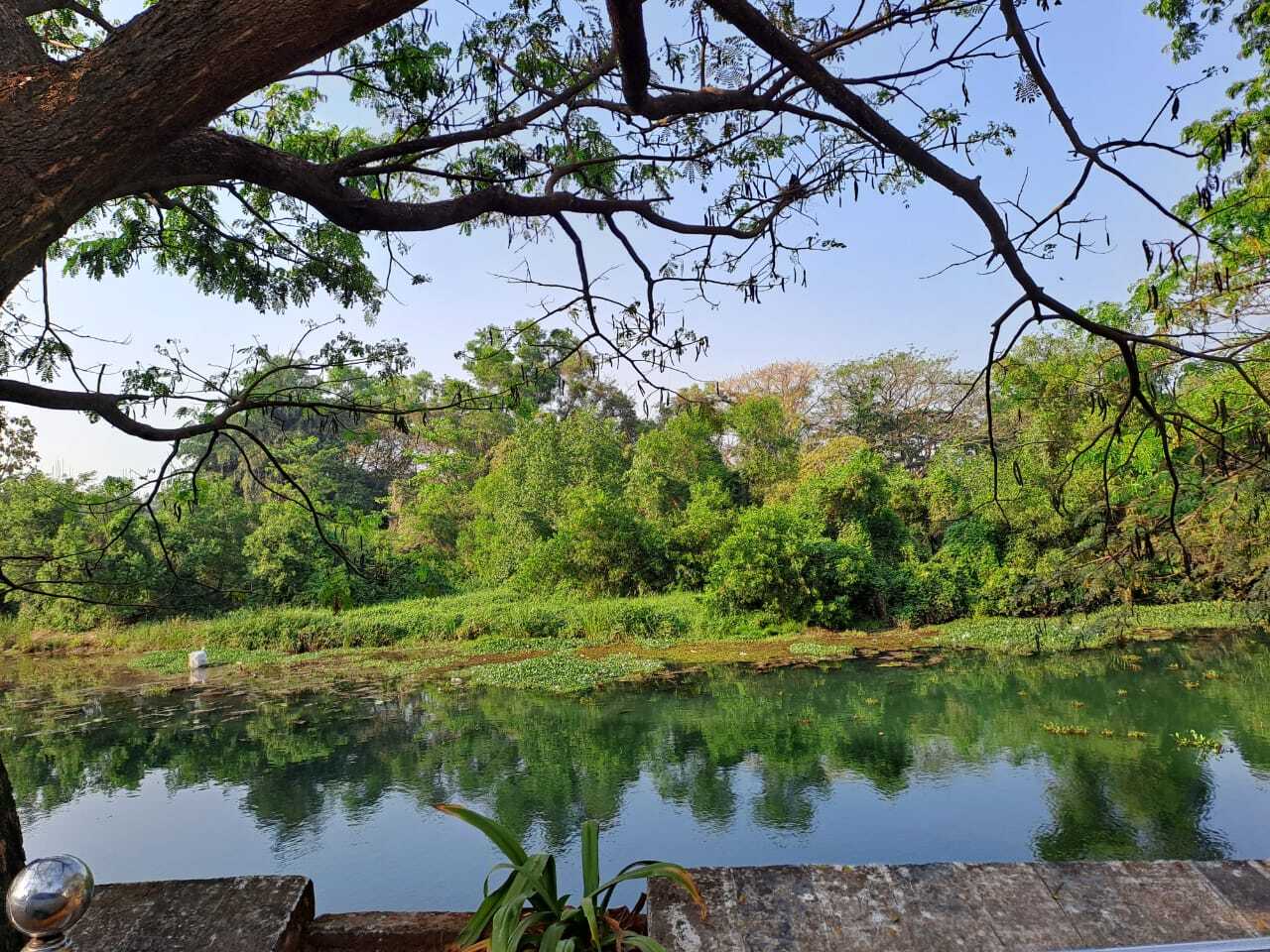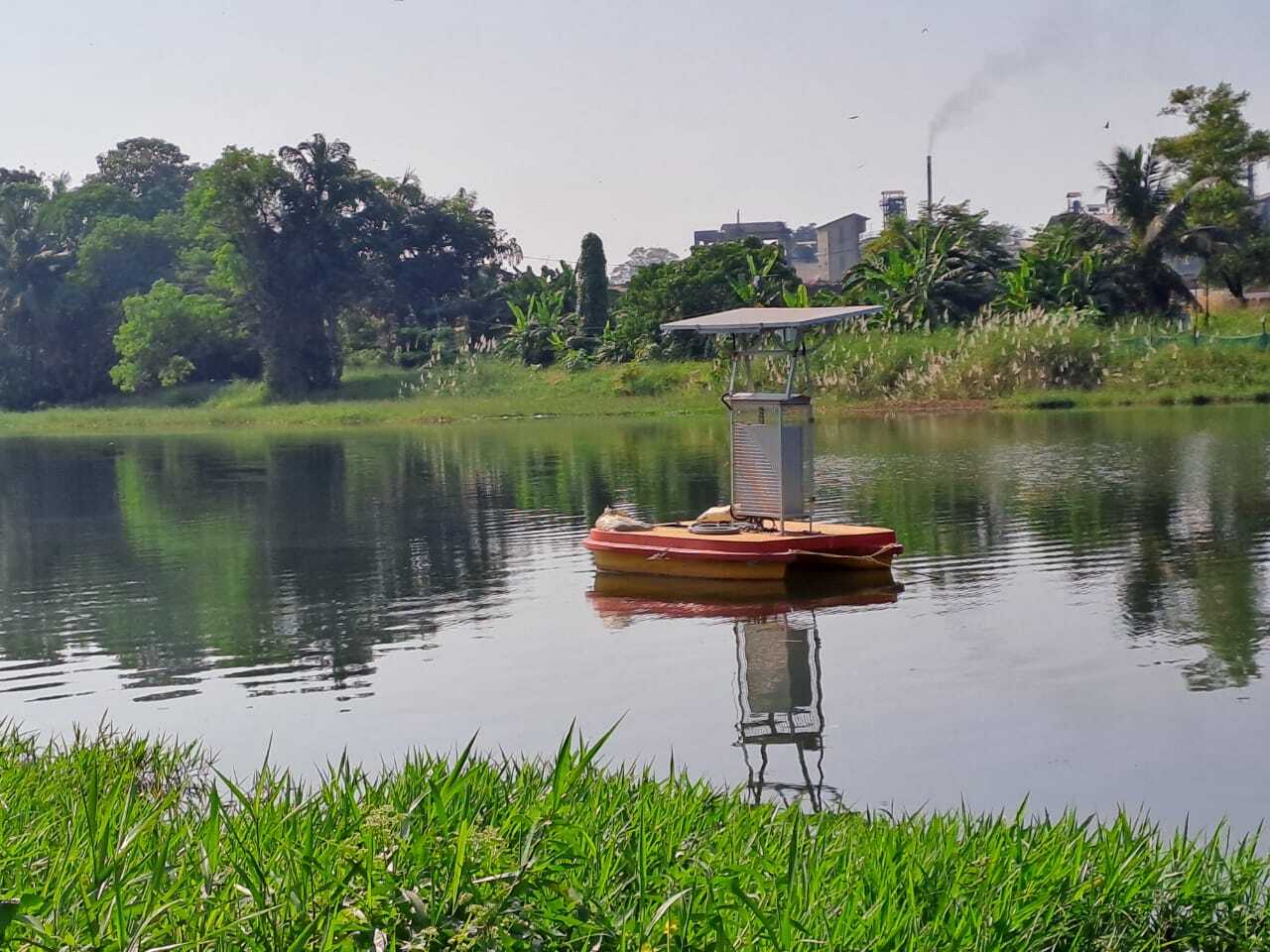1. Important functions under the Water (Prevention & Control of Pollution) Act
- to plan a comprehensive program for the prevention, control or abatement of pollution of streams and wells in the State and to secure the execution thereof;
- to advise the State Government on any matter concerning the prevention, control or abatement of water pollution;
- to collect and disseminate information relating to water pollution and the prevention, control or abatement thereof;
- to encourage, conduct and participate in investigations and research relating to problems of water pollution and prevention, control or abatement of water pollution;
- to collaborate with the Central Board in organising the training of persons engaged or to be engaged in programs relating to prevention, control or abatement of water pollution and to organise mass education programs;
- to inspect sewage or trade effluents, works and plants for the treatment of sewage and trade effluents and to review plans, specifications or other data relating to plants set up for the treatment of water, works for the purification thereof and the system for the disposal of sewage or trade effluents or in connection with the grant of any consent as required by this Act lay down, modify or annul effluent standards for the sewage and trade effluents and for the quality of receiving waters (not being water in an interstate stream) resulting from the discharge of effluents and to classify waters of the State.
2. Important functions under the Air (Prevention & Control of Pollution) Act
- to plan a comprehensive programme for prevention, control and abatement of air pollution and to secure the execution thereof;
- to advise the State Government on any matter concerning prevention, control or abatement of air pollution.;
- to collect and disseminate information relating to air pollution;
- to collaborate with the Central Board in organising the training of persons engaged or to be engaged in programmes relating to prevention, control or abatement of air pollution and to organise mass education programmes relating thereto;
- to inspect, at all reasonable times, any control equipment, industrial plant or manufacturing process and to give, by order, such directions to such persons as may be considered necessary to take steps for prevention, control or abatement of air pollution;
- to inspect air pollution control areas at such intervals as it may think necessary, assess the quality of air therein and take steps for the prevention, control or abatement of air pollution in such areas
- to lay down, in consultation with the Central Board and having regarding to the standards for the quality of air laid down by the Central Board, standards for emission of air pollutants into the atmosphere from industrial plants and automobiles or for the discharge of any air pollutant into atmosphere from any other source whatsoever not being a ship or an aircraft, provided that different standards for emission may be laid down under this clause for different industrial plants having regard to the quantity and composition of emission of air pollutant into the atmosphere from such industrial plants.
3. Important functions under the Environment (Protection) Act
- to implement measures for the protection and improvement of environment and the prevention of hazards to human beings, other living creatures, plants and property;
- to cause remedial measures to prevent or mitigate environmental pollution in case of accidents;
- to conduct inspections to check compliance and to collect or seize evidence thereof;
- to collect samples of air, water, soil or other substances;
- to provide service as Environmental Laboratory;
- to evolve standardised methods for sampling and analysis of various types of environmental pollutants;
- to analyse samples sent by empowered officers;
- to carry out investigations to lay down standards, to monitor and to enforce standards;
- to carry out any other entrusted function;
- to take cognisance of offences.
4. To implement the Hazardous Wastes (Management, Handling and Transboundary Movement) Rules, particularly
- to process applications for and to issue/refuse/renew authorisation for collection, reception, treatment, storage and disposal of hazardous wastes;
- to monitor compliance with the provisions and conditions of authorisation;
- to process and forward to the Ministry of Environment & Forests applications for imports;
- to review matters pertaining to identification and notification of disposal sites.
5. To implement the Manufacture, Storage and Import of Hazardous Chemical Rules, particularly
- to enforce directions and procedures in respect of isolated storage of hazardous chemicals, regarding;
- to co-operate in preparation of on-site emergency plans;
- to enforce directions and procedures on import of hazardous chemicals on information regarding import;
- to issue direction to importer to take appropriate safety measures, including stoppage of import, if necessary;
- to inform concerned port authority on safety measures;
- to serve improvement notice on persons contravening the Rules.
6. To implement Rules for the Manufacture, Use, Import, Export and Storage of Hazardous Micro-organisms, Genetically Engineered Organisms or Cells, particularly
- to inspect, investigate and take punitive action on behalf of the State Biotechnology Co-ordination Committee in case of violations;
- to supervise, on behalf of the Genetic Engineering Approval Committee, implementation of the terms and conditions of approvals granted by the Committee.
7. To implement the Chemical Accidents (Emergency Planning, Preparedness and Response) Rules, particularly
- to serve in the State Crisis Group;
- to serve in the District Crisis Groups which are the apex bodies in the respective areas to deal with major chemical accidents and to provide expert guidance for handling chemical accidents.
8. To implement the Biomedical Waste (Management and Handling) Rules, particularly
- to receive from institutions generating, collecting, receiving, storing, transporting, treating, disposing and/or handling biomedical wastes applications for authorisation, to process the same and issue/ refuse/ renew/ cancel/ suspend authorisation;
- to compile and furnish to the Central Pollution Control Board annual reports from occupiers /operators;
- to inspect and verify facilities and records;
- to receive and act upon reports of accidents.
9. To implement the Plastics Manufacture, Sale and Usage Rules, particularly
- to receive and process applications for registration for manufacture of virgin/recycled or both plastic carry bags and containers and to issue/refuse/renew/cancel registration.
10. To implement the Municipal Solid Wastes (Management and Handling) Rules, particularly
- to monitor compliance with standards on ground water, ambient air, leachate quality, compost quality and incineration;
- to receive and process application for authorisation for setting up waste processing and disposal facility and to issue/refuse/renew/cancel authorisation;
- to furnish annual reports to the Central Pollution Control Board.
11. To implement the Noise Pollution (Regulation and Control) Rules, particularly
- to regulate and control noise of industrial origin;
- to monitor ambient sound levels;
- to advise the State Government on pollution control.
12. To implement the Batteries (Management and Handling) Rules, particularly
- to receive and verify half yearly returns on sale of new batteries and collection of old batteries;
- to receive and verify half yearly returns on sale and collection of batteries by dealers;
- to receive and verify annual returns from recyclers of used batteries;
- to receive and verify half yearly returns form bulk consumers of batteries;
- to receive and verify half yearly returns by auctioneers of used batteries;
- to ensure compliance with the Rules;
- to file annual compliance status report to the Central Pollution Control Board.
13. To implement the EIA notification, particularly
- to receive request for environmental public hearing;
- to notify the details of public hearing;
- to assist District Collector for public hearing and to furnish report thereof to the Ministry of Environment Forests and Climate Change.
14. To implement the Public Liability Insurance Act, 1991
- to make application to court to restrain owner under section 13(1) from handling hazardous substances, to implement the order of the Court under section 13(3)(b) and to recover cost thereof under section 13(4).
- to file complaint in Court
- to receive and act upon notice under section 18(b) of intention to make complaint to Court
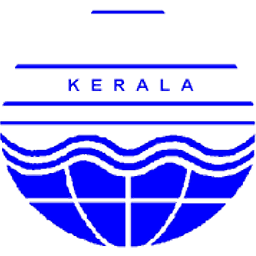


_(2).jpg)






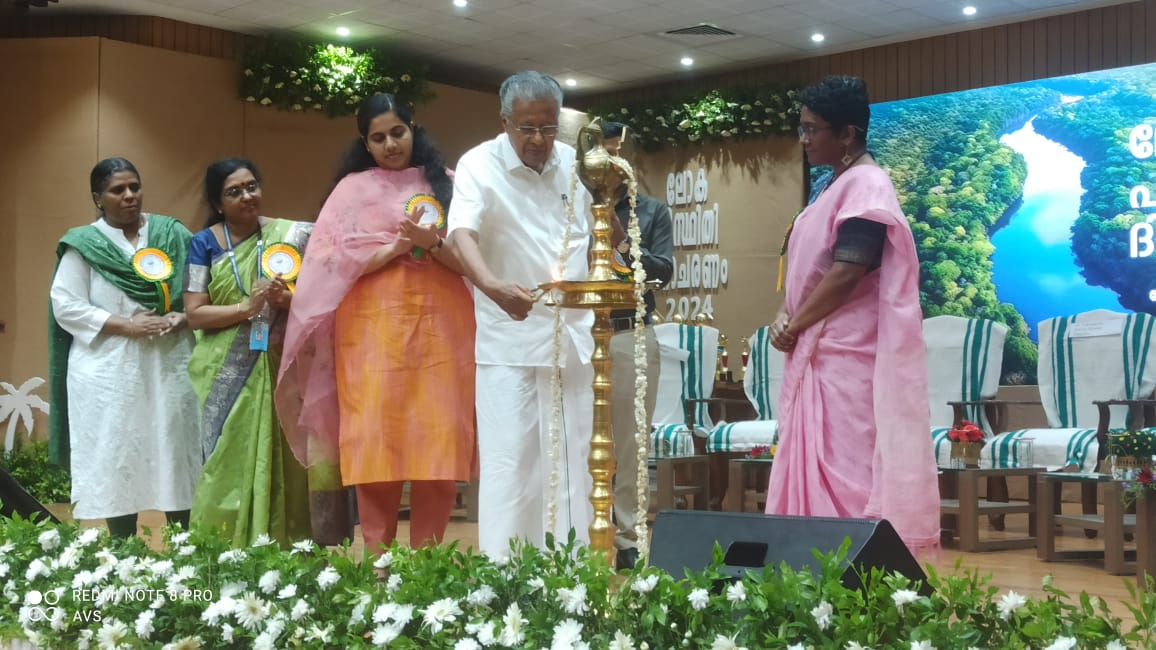
.jpg)
